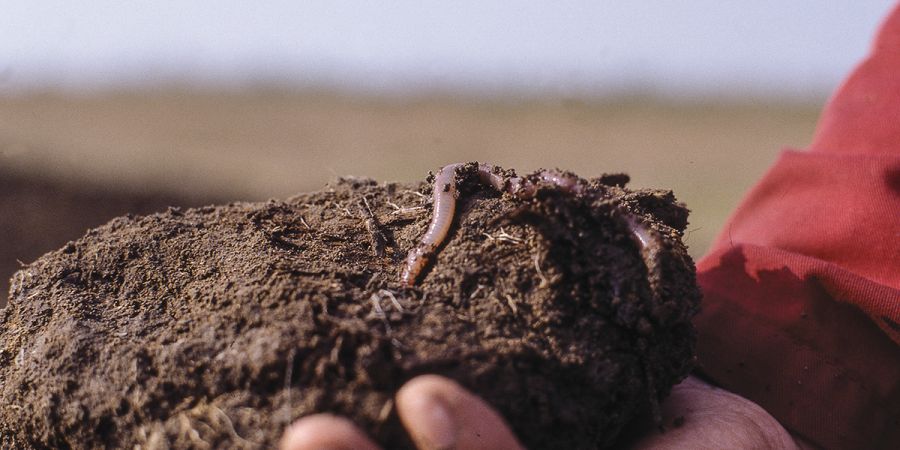

The soil is aerated and drained as a result of earthworm digging. Additionally, harvest leftovers that have been through the intestines of earthworms provide plant nutrients. Earthworms can be promoted by farmers utilizing less disruptive soil tillage and providing a lot of organic material.
One hectare of average soil on an agricultural farm may contain between 100,000 and 1 million earthworms, weighing a total of 100 to 1000 kg. When they work, these earthworms have a significant impact on the soil.
The major benefits that farmers could attain with the help of earthworms are:
1.More porousness
Earthworms have an impact on the physical qualities of the soil in addition to drainage and aeration. When worms delve through the soil's blackness, the number of pores rises and the soil's dry bulk density falls. Therefore, a network of channels and spaces is created in the soil as a result of the worms' soil tillage operation, which also significantly increases the number of macro pores (diameter > 0.5mm). The tubes can stretch to 2-3 meters in depth and the network can cover 400–5000 kilometers per hectare. The tunnels serve as "motorways" for the soil's roots. Earthworms carry tens of tonnes of soil each hectare up to the soil surface as worm casts over the course of a few years.
2.More readily available nutrients
Since earthworm activity promotes microorganisms and actively spreads fungus and bacteria throughout the soil profile, soil biology is also improved. Since the availability of almost all nutrients is increased when organic material goes through the earthworm gut, this ultimately has an impact on soil chemistry. For instance, worm casts have a nitrate concentration that is eight times higher than the soil around them. The aggregate stability and soil structure are enhanced by the 'glue' that these worm castings provide between the soil particles.
3.Worms are against tillage
Many aspects of contemporary agriculture, including pesticides and compacted soil, are toxic to earthworms. Since it upsets the worms and ruins their tunnel structure, soil tillage is a controversial topic. In September and October, when worm reproduction takes place, this is especially true. The following soil tillage methods can be listed in order of how much harm they do to earthworms: direct drilling, tine cultivation, stubble cultivation, ploughing, and rotavation.
There is often discussion about how the plough affects worms. According to one study, 10% of the total mass of earthworms in the soil were raised to the surface by ploughing. Once there, birds consumed around one-third of the prey, while the remaining two-thirds escaped and returned to the earth.


